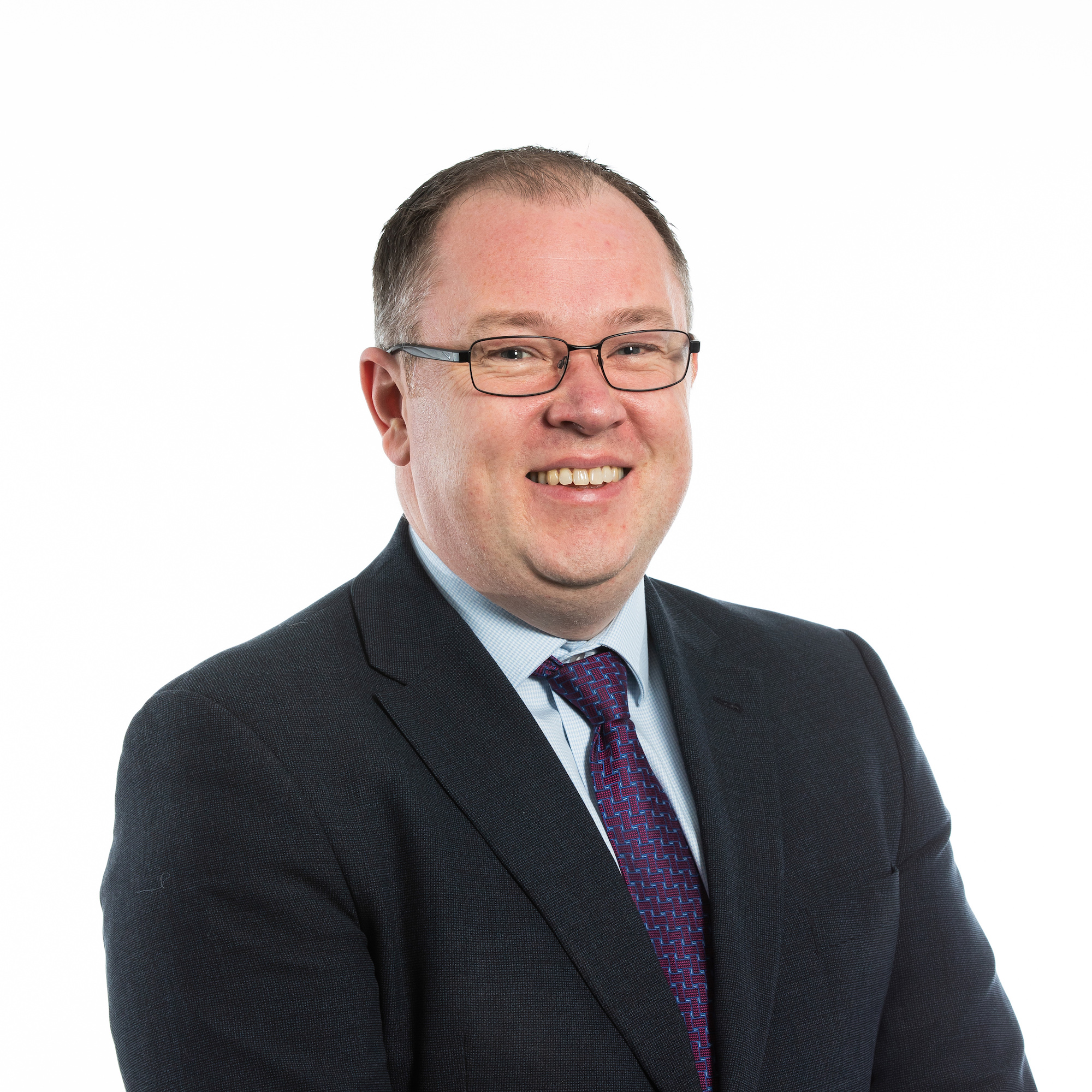Grant Thornton: Misconceptions about accountancy creating barriers for next generation of talent

Stuart Preston
Recent findings have revealed that a significant proportion of Generation Z in the UK holds misconceptions about the accountancy profession.
The study, commissioned by Grant Thornton UK, which involved 2,000 respondents aged 16-25, suggests these misconceptions might be preventing many young individuals, especially in Scotland, from viewing a career in accountancy as a viable option, thereby potentially reducing the profession’s future talent pool.
Key findings from the study include:
- 62% believe high grades are essential for pursuing accountancy.
- 57% think it’s necessary to attend university to become an accountant.
- 57% perceive training for accountancy qualifications as expensive.
- 53% think accountants spending their entire day at desks.
These misconceptions can be attributed to the lack of accurate career guidance provided to the youth. About 65% of respondents had never received career advice on accountancy. Moreover, those who had access to such guidance largely depended on the type of school they attended.
Private school attendees were 20% more likely to receive accountancy-related advice than their peers at comprehensive schools.Private school students are also more likely to know an accountant than those attending comprehensive schools (52% vs 43%).
Digital avenues like social media have emerged as vital information sources about accountancy for Gen Z, especially for those from lower socio-economic backgrounds who have limited access to guidance from family or friends.
Richard Waite, people and culture director at Grant Thornton UK LLP, said: “There are now so many different routes available for young people considering joining the accountancy profession, whether that is starting on an apprenticeship straight from school, undertaking an internship or placement, or following the traditional graduate route.
“But it’s clear that there remain significant, and detrimental, misconceptions about access to and working in the accountancy profession.”
Mr Waite continued: “It’s therefore vital that employers, such as Grant Thornton, take action to help bridge that gap so we do not miss out on attracting the next generation of new and diverse talent to the sector.
“Employers need to take the time to actively educate young people, to reach out and work with schools in target areas, such as social mobility cold spots, to tackle some of these false barriers and provide much needed advice and insight to those considering the next step in their lives.”
The research also highlighted the influence of school type and gender on the perception of accountancy’s attainability. Private school attendees were 25% more likely to view accountancy as a feasible career choice compared to those from comprehensive schools. Men felt a career in accountancy was more attainable than women by a margin of 13%, and non-binary individuals felt the least confident about considering an accountancy career.
Stuart Preston, partner at Grant Thornton’s Scottish branch, underscored the need to dispel outdated views about the accountancy profession. He stressed: “It’s clear that the accountancy profession needs to work harder to bust historic misconceptions.
“There remain clear misunderstandings about not only the routes to entry but also the scope of the career on offer, which may be preventing many from considering it as an option.
“Both the people and the careers available within accountancy are now more varied and diverse than ever before, with opportunities for international travel, varied work across different sectors and specialities and long-term career prospects.
“It’s evident that we need to showcase this more prominently and shine a light on the reality of the working accountancy world and the broad and rewarding career path it can offer.”
Mr Preston continued: “The school you attend, your background or gender should not dictate your access to information or the career path you follow yet our research shows that these factors contribute to the level of exposure to and understanding that a young person may have of the profession.
“Volunteering our time, through established initiatives such as Access Accountancy, RISE and our own firm’s Schools Enterprise Programme, to build confidence and knowledge with a wider range of young people will encourage a better understanding of the sector.
“Without a concerted effort to tackle these lingering misconceptions, we risk, inadvertently, missing out on a huge diverse pool of untapped talent.”







